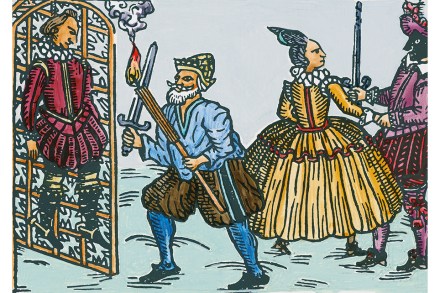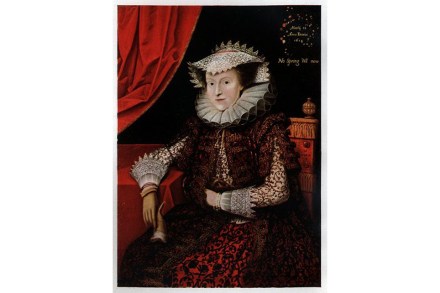Thomas Kyd wasn’t a patch on Shakespeare
The biggest blockbuster hit of the Elizabethan theatre was not by William Shakespeare or Christopher Marlowe or Ben Jonson. In fact it wasn’t by anyone. The Spanish Tragedy, a sturdy play of rhetoric, blood and revenge, was published in multiple editions without any attribution at all. Its central figure, Hieronimo, was a cultural phenomenon, but the drama was widely quoted, imitated and parodied without mention of its author. Its impact was huge. We wouldn’t have Hamlet without it. BBC Radio 4’s invitation to celebrities to try experiences they have unaccountably missed is called I’ve Never Seen Star Wars. Without a doubt, the Elizabethan equivalent would have been I’ve Never Seen




